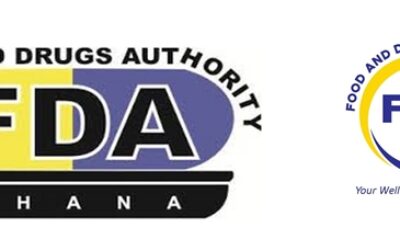In an exclusive interview with Graham Kofi Baldwin, a senior journalist, media owner, and member of PRINPAG, we discussed the precarious state of Ghana’s media industry and the urgent need for government intervention.
The Current State of the Media Industry
Graham Kofi Baldwin described the media industry in Ghana as being at a critical juncture, with its fate hanging precariously in the balance. “The collapse of the print media industry and the struggles of the broadcasting industry, particularly in rural areas, pose a significant threat to the sustainability of Ghana’s democracy,” he said.


According to Baldwin, the print media industry has been on a downward trajectory, with the industry having totally collapsed. “Several factors have contributed to this decline, including the politicization of advertisement allocation, which has deprived some newspapers of revenue and led to their collapse,” he added.

Graham Kofi Baldwin
The ECG Bill Conundrum

However, Baldwin emphasized that one of the major factors killing the industry is the huge ECG bills that media outlets, particularly those in rural areas, are forced to pay. “These bills are exorbitant and unsustainable, and since these media outlets are located in rural areas, they do not generate enough revenue to satisfy these responsibilities, including paying salaries for staff,” he said.
He noted that many rural media outlets are struggling to stay afloat, despite their crucial role in educating the populace on important topics. “The high cost of electricity bills is suffocating these media outlets, making it impossible for them to operate sustainably,” he added.

President John Mahama
Government Intervention Needed
Baldwin emphasized the need for government intervention to support the media industry. “The government must prioritize reducing electricity bills for media outlets, particularly in rural areas, and take concrete steps to address the challenges facing media outlets,” he said.
He proposed several measures that the government can take, including:
- Reducing electricity bills for media outlets in rural areas
- Streamlining regulatory compliance to reduce costs
- Promoting transparency in advertisement allocation to ensure fair distribution of revenue
- Providing support for rural media outlets, including training and capacity-building programs
Recommendations for the Government
When asked about specific recommendations for the government, Baldwin outlined the following:
- Establish a committee to investigate the challenges facing the media industry, including the high cost of electricity bills and regulatory compliance.
- Develop a comprehensive plan to support the media industry, including providing training and capacity-building programs for rural media outlets.
- Ensure that state advertisements are distributed fairly and transparently, without favoritism or bias.
- Review the regulatory framework to ensure that it is fair and reasonable and that media outlets are not burdened with excessive compliance costs.
Conclusion
In conclusion, Baldwin urged the government to prioritize the survival of the media industry, particularly in rural areas. “The stakes are high, and the consequences of inaction would be severe. Let us work together to ensure that the media industry in Ghana continues to thrive and play its vital role in promoting democracy and good governance,” he said.


















